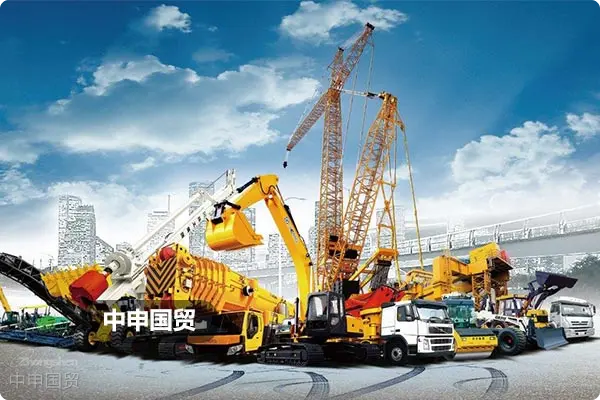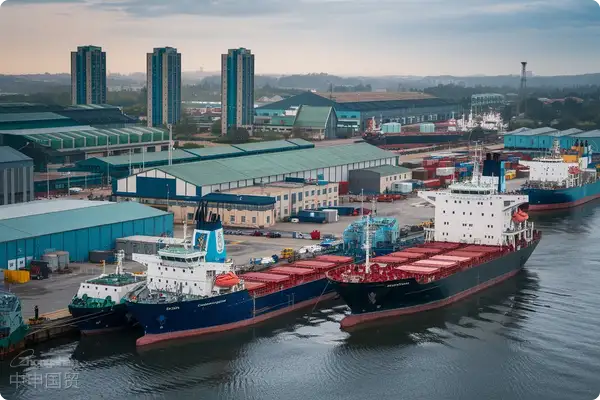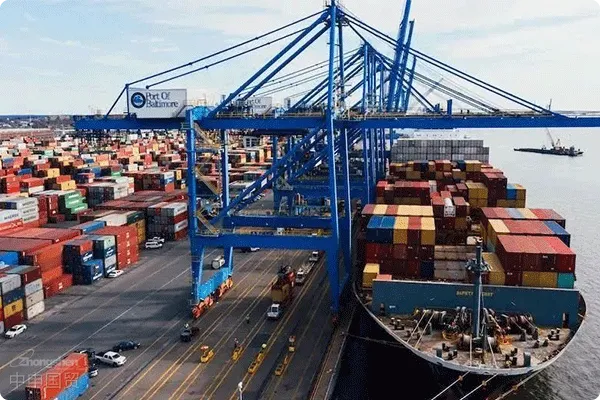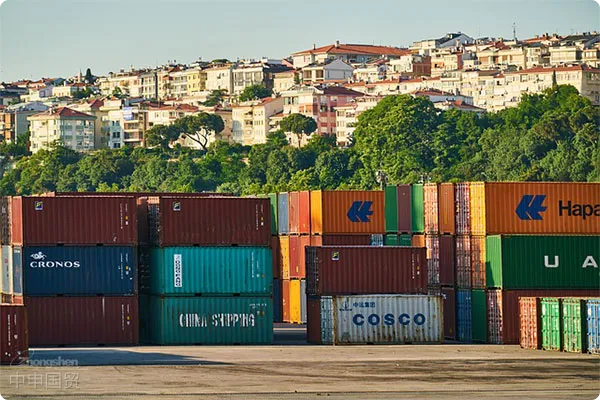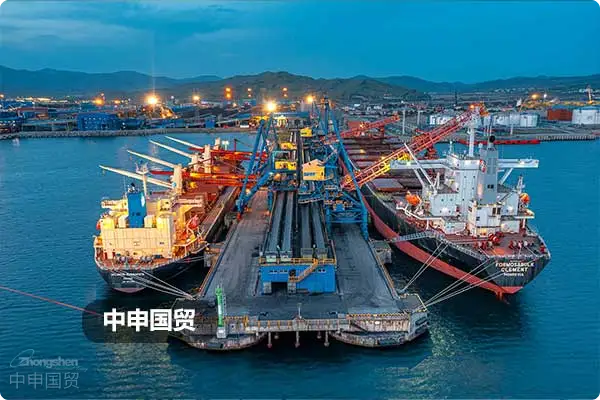- Shanghai Zhongshen International Trade Co., Ltd. - Two decades of trade agency expertise.
- Service Hotline: 139 1787 2118
Asforeign tradeAs a professional in the agency services industry, Ive personally handled and represented clients in over 20 on-site interactions with customs and brokers. Each experience has deepened my understanding of clearance details and challenges. Today, Ill share real cases about potential pitfalls during customs inspections and how to address them.
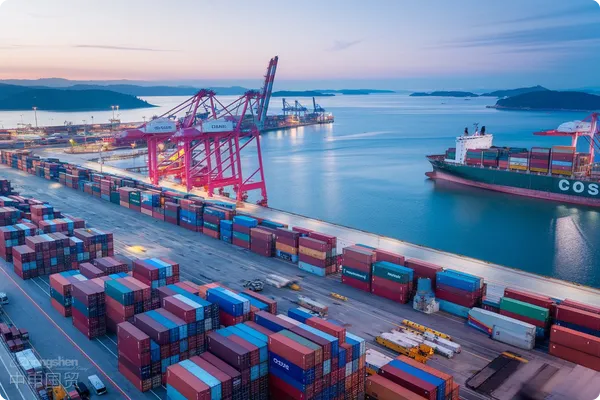
Real Case Studies: Challenges in Customs Inspections
Case 1: Customs Insisted on HS Code Changes
Once, despite our correctly declared HS code, customs officers refused to acknowledge their mistake and demanded we modify a harmless HS code to preserve their correctness. We ultimately complied to prove customs wasnt at fault.
Case 2: Factory Data Errors Caused Complications
For a shipment of 60,000 meters (200 rolls at 300m/roll), the factory mistakenly reported 200m/roll for 300 rolls. Customs suspected under-declaration for tax rebate fraud. We proved the error by measuring rolls against container length at the port.
Case 3: Problems Caused by Hidden Gifts
A client placed personal gifts for overseas buyers deep in the container, but workers loaded them near the door. Through broker connections, port workers later concealed the gifts to avoid issues.
Case 4: HS Code Dispute Triggered Anti-Smuggling Risk
When customs rejected our HS code and reclassified the goods, the tax rebate difference exceeded ¥5,000. After inspection and clearance departments flagged the case for anti-smuggling, our brokers strong connections rescued the shipment.
Case 5: Factory vs. Customs Standoff
In one instance, customs insisted on product issues while the factory denied them. We brought engineers, blueprints, samples, and installation videos to argue, but ultimately spent a month complying with customs demands (similar to Case 1—customs wont admit errors affecting their performance reviews).
Essential Skills for Brokers: Handling Inspection Challenges
Customs officers inspect numerous daily containers flagged by random system alerts (mostly due to HS code, Chinese product names, or declaration element mismatches). They coordinate port workers for container positioning, door opening, and partial unloading. Since multiple consignees are involved, customs typically only requires broker presence. Skilled brokers effectively communicate with customs and relay information to consignees, minimizing misunderstandings.
An exceptional customs broker and firm must possess these capabilities:
Immediately notify consignees about inspection arrangements
Upon receiving the inspection notice, the customs broker must immediately communicate this information to the cargo owner so they can make timely preparations.
Confirm cargo details with the owner before inspection
Before the formal customs inspection, the broker should verify with the cargo owner whether there are any potential issues with the products, such as concealed items, disputes over HS codes, or discrepancies in tax rebate rates.
Flexibly handle minor issues in the cargo
Based on information provided by the cargo owner, the broker should coordinate with on-site workers before inspection to ensure any small concealed items are properly hidden to avoid detection during inspection and prevent unnecessary complications.
Demonstrate public relations skills to mitigate risks in advance
If identical cargo with identical customs declaration data has previously been detained by customs, the broker must demonstrate public relations skills at the following three critical junctures:
- ① Before the customs officer examines the cargo
- ② Before the inspection report is drafted
- ③ Before the inspection report is transferred from the inspection department to the clearance department
Through effective public relations, strive to prevent further cargo detention and penalties.
Possess negotiation skills with the anti-smuggling department
When cargo has already been classified by the inspection department and transferred to the clearance department, or even handed over to the anti-smuggling department (which falls under customs police), the broker must still possess negotiation skills to minimize the severity of the situation and reduce losses for the cargo owner.
III. Conclusion
In the foreign trade industry, customs brokers serve not only as bridges for cargo clearance but also as lubricants between enterprises and customs. A qualified broker must be able to promptly address various inspection issues and flexibly handle challenges posed by customs to ensure smooth cargo clearance. Only by possessing these capabilities can one become an outstanding broker and establish a firm foothold in the competitive foreign trade services market. As the blunt evaluation goes: If you cant even handle such minor matters, why are you running a customs brokerage? Those who can accomplish these tasks are truly masters of the trade!
Related Recommendations
? 2025. All Rights Reserved. Shanghai ICP No. 2023007705-2  PSB Record: Shanghai No.31011502009912
PSB Record: Shanghai No.31011502009912
